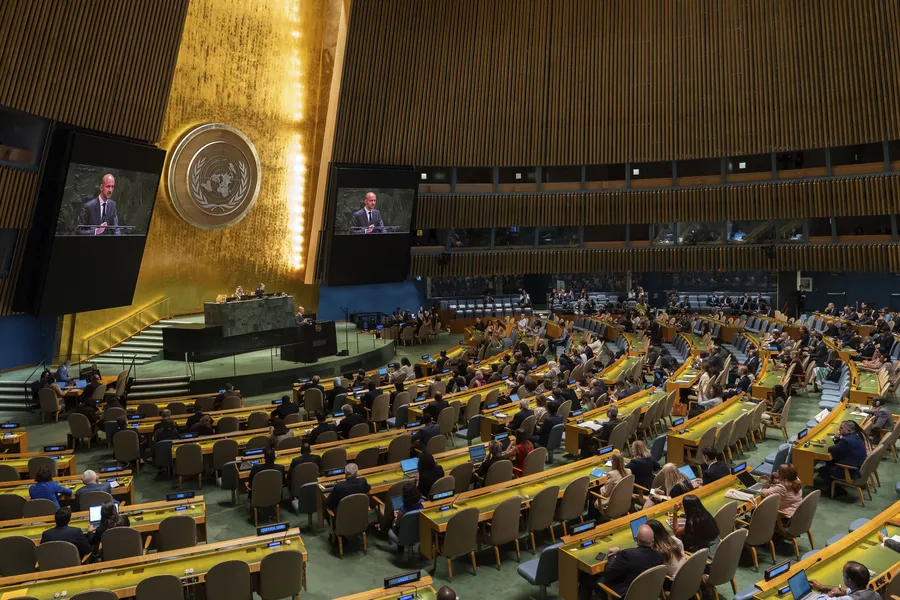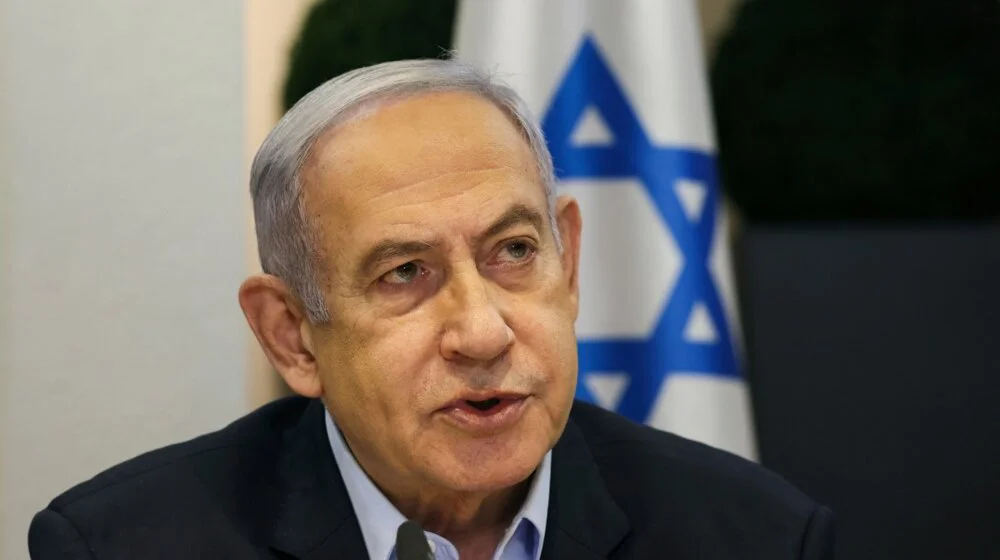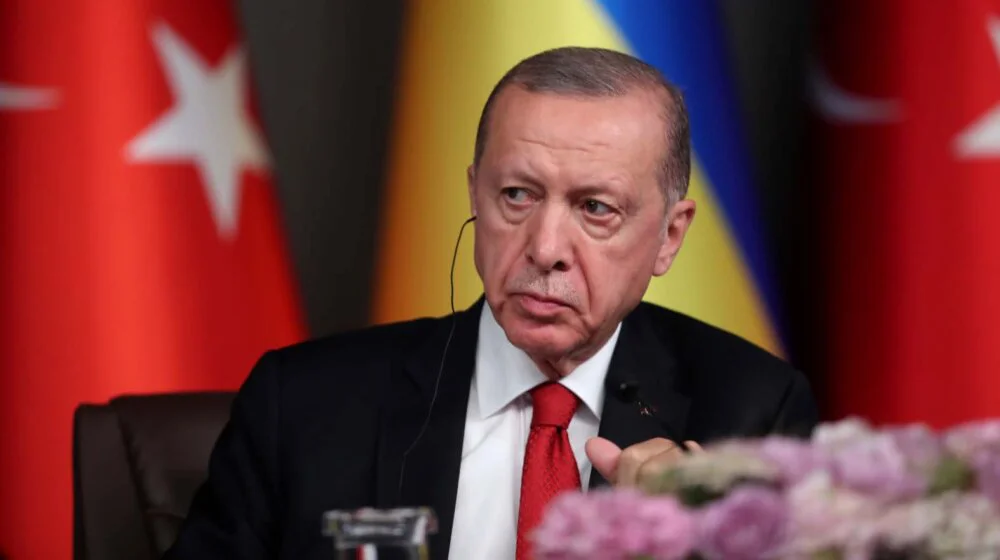The European Union has announced that a new border control system for non-EU citizens, which will end passport stamping, will be implemented in October, reports Teve 1.
The so-called Entry/Exit System (EES) was originally scheduled to come into force in November last year, but was postponed at the last moment because some countries were not yet ready to implement it, reports Danas.
The European Commission has set 12 October 2025 as the start date for the implementation of the EES. From 12 October onwards, the EES will gradually begin to be applied at the external borders of 29 European countries over a period of six months. This gradual implementation will give authorities, travelers, and the transport industry more time to adjust to the new procedures, the EU said.
The system was established in November 2017 and its implementation has been postponed several times. It is expected to apply to around 60 countries, including the Western Balkan countries, for their entry into the EU, as well as to Switzerland, Norway, Iceland, and Liechtenstein, which are part of the Schengen Area.
The Entry and Exit System (EES) will record visitors’ entry and exit dates and will include data on overstays and refused entries. Under the new system, personal and biometric data – facial images and fingerprints – will be collected from travelers.
Passports in all Western Balkan countries are biometric; their chips store fingerprints and a photograph and fully comply with the conditions required by the European Union to grant visa-free travel to the Western Balkan countries.
The implementation of the system has raised fears of long queues and waiting times for people traveling to Europe by train, ferry, and plane. In March, several member states agreed to the gradual introduction starting from 12 October.
“This will increase security… helping us identify people who overstay, prevent irregular movements, and reduce document and identity fraud,” said Magnus Bruner, Commissioner for Migration.
The European Commission said that information campaigns for travelers will be conducted at airports and border crossings across the EU before the system is introduced.
As part of the planned phased implementation, EU member states should start using the system at half of their border crossings after three months and fully implement it after six months.
“Filling in the entry/exit system may take each traveler a few extra minutes, so be prepared to wait longer than usual at the border when the system is launched,” the UK Foreign Office said in a travel report.











